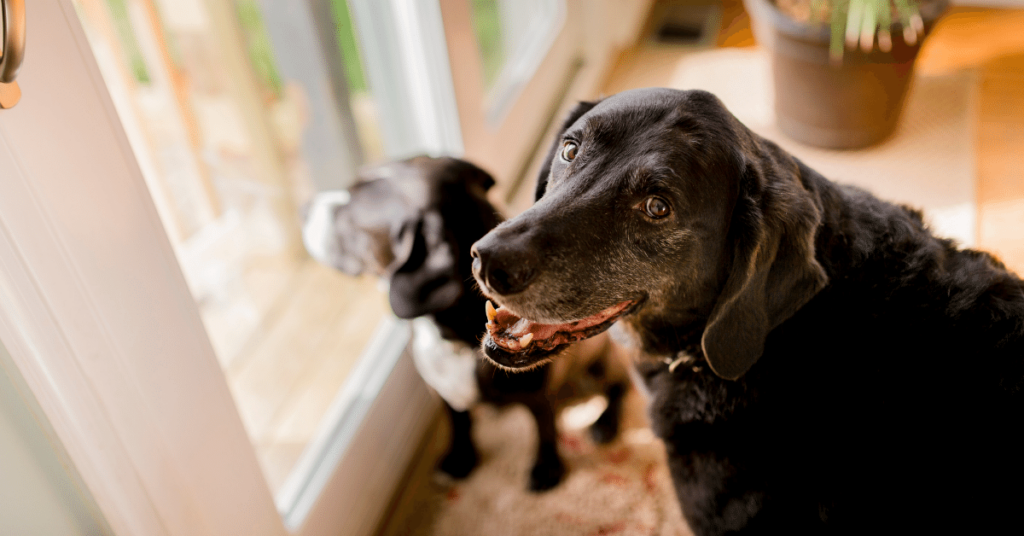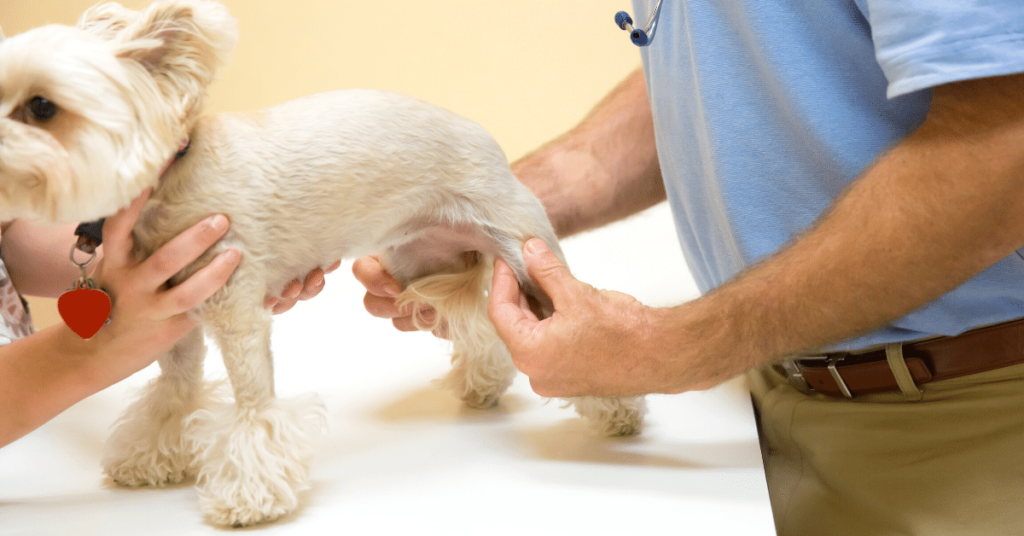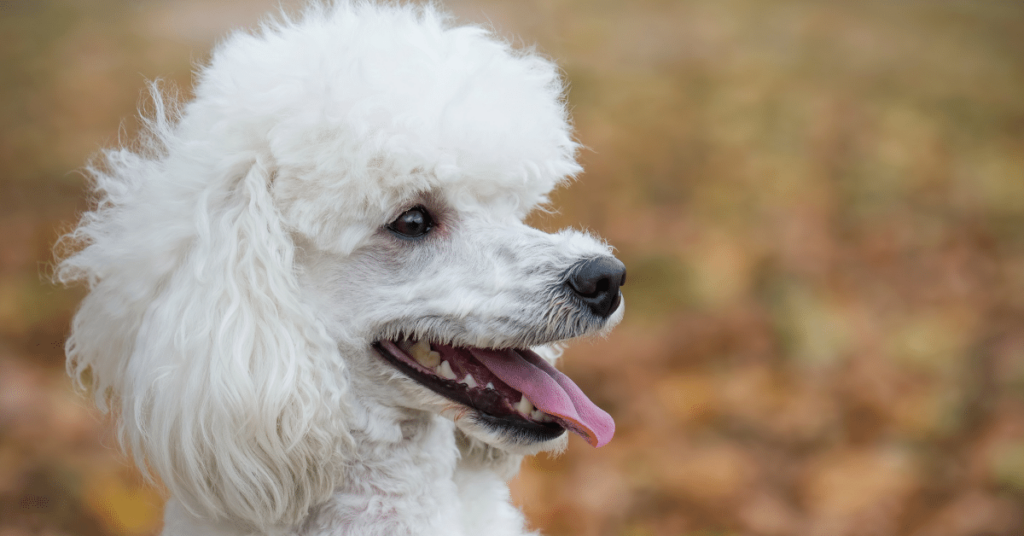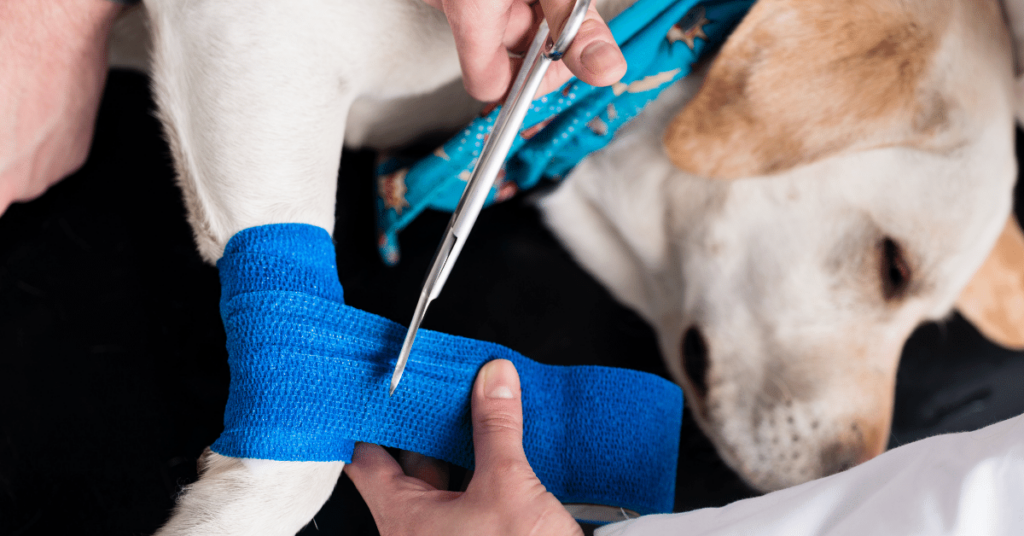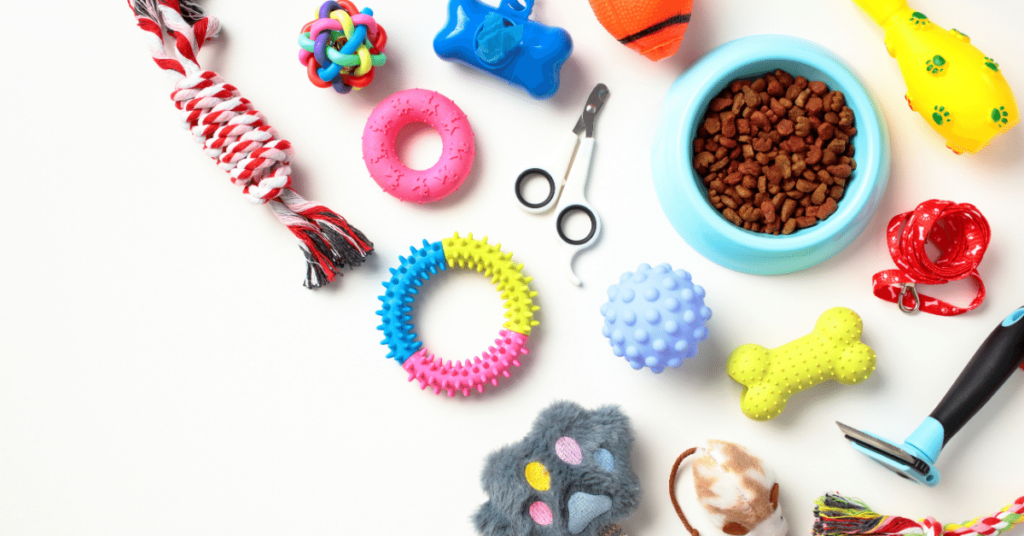The Importance of Senior Pet Care
As our pets age, their needs change, and they require extra care and attention to ensure their well-being. Just like humans, senior pets go through various physical and mental changes, making it essential for pet owners to adapt their care routines accordingly.
Understanding the Aging Process
The aging process in pets is inevitable, but how gracefully they age can be influenced by proper care. It is important for pet owners to understand the signs and symptoms of aging so they can provide the necessary support.
One of the most common signs of aging in pets is a decrease in energy levels. You may notice that your once playful and active companion prefers to sleep more and engage in less physical activity. Senior pets may also experience weight gain or loss, have difficulty jumping or climbing stairs, and develop visible signs of arthritis or joint stiffness.
Nutrition for Senior Pets
Proper nutrition is crucial for the overall well-being of senior pets. As pets age, their metabolism slows down, and their dietary requirements change. It’s important to provide them with a well-balanced diet that caters to their specific needs.
Senior pet food formulas are designed to address the nutritional requirements of aging pets. These formulas typically contain lower levels of calories, sodium, and fat, while still providing essential nutrients and vitamins. Consult with your veterinarian to determine the best diet for your senior pet based on their breed, size, and any existing health conditions.
Exercise and Mental Stimulation
Regular exercise is vital for senior pets to maintain a healthy weight, improve muscle strength, and keep their joints flexible. However, it’s important to consider their age-related limitations and adjust the exercise routine accordingly.
Low-impact exercises like leisurely walks, gentle play sessions, and swimming are great options for senior pets. Avoid high-impact activities that may put unnecessary strain on their joints and muscles. Additionally, mental stimulation is equally important to keep their minds sharp and prevent cognitive decline. Engage in interactive games and puzzle toys to keep their brains active and stimulated.
Healthcare Visits and Preventive Care
Regular veterinary check-ups become even more essential as pets age. Senior pets are more susceptible to age-related diseases, and early detection is critical for effective treatment. Schedule routine exams at least twice a year to monitor their overall health and catch any potential issues before they become severe.
Your veterinarian may recommend additional preventive care measures for your senior pet, such as dental cleanings, vaccinations, blood tests, and specialized screenings. These preventive measures can help identify and address any underlying health concerns early on.
Providing a Comfortable Environment
Creating a comfortable and safe environment is essential for the well-being of your senior companion. Consider providing soft and supportive bedding to alleviate any joint discomfort. Ensure that their food and water bowls are easily accessible and at an appropriate height to prevent strain. If necessary, install ramps or stairs to help them navigate around the house more easily.
Caring for Their Dental Health
Dental care is often overlooked when it comes to senior pet care. However, dental issues can lead to pain, difficulty eating, and even systemic health problems. Regular brushing with pet-friendly toothpaste, dental chews, and professional cleanings by a veterinarian can help maintain your senior pet’s oral health.
Monitoring Changes and Consulting with Your Veterinarian
As a pet owner, it’s crucial to monitor your senior companion closely for any changes in behavior, appetite, or mobility. Keep a record of any concerning symptoms and share them with your veterinarian during check-ups. Even subtle changes may indicate underlying health issues that require attention.
Consulting with your veterinarian is key to providing the best care for your senior pet. They can offer expert advice tailored to your pet’s specific needs and address any concerns or questions you may have.
Summary
Proper senior pet care is essential for supporting the overall well-being of our aging companions. Understanding the aging process, providing a nutritious diet, adapting exercise routines, prioritizing healthcare visits, creating a comfortable environment, addressing dental health, and monitoring changes are all crucial aspects of caring for a senior pet. By taking the necessary steps, we can ensure our beloved companions enjoy their golden years to the fullest.

